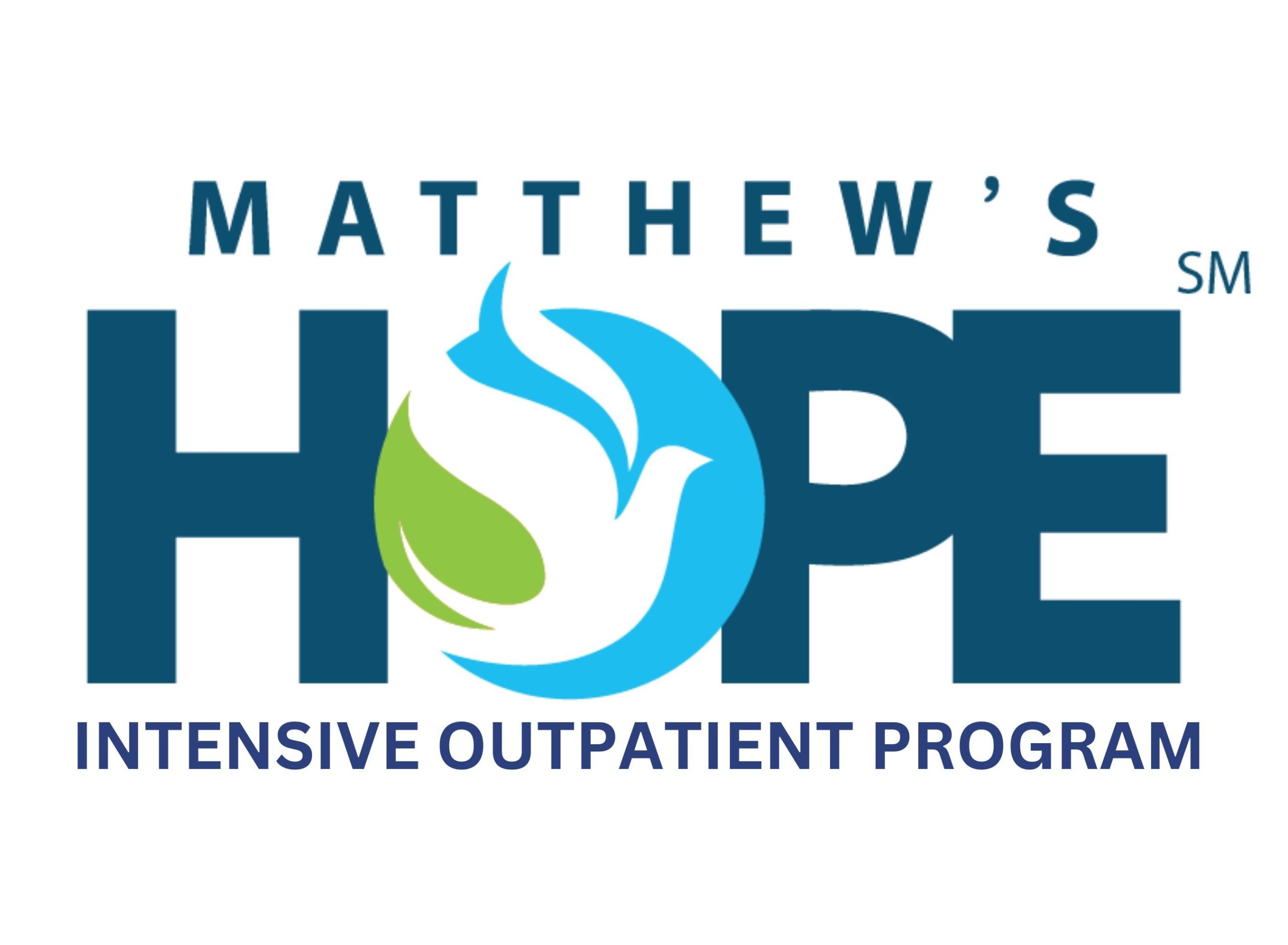Once you are in recovery, it’s critical to watch out for potential triggers. The addictive brain can be triggered by common over-the-counter and prescription medications. By learning about safe medications and medications to avoid, you can support your long-term sobriety.
What is Cross Addiction & How Does it Affect the Addictive Brain?
Cross addiction is the way your brain can become triggered by different chemical agents. When taking certain medications, you expose the hypothalamus or mesolimbic systems to drugs capable of causing cross addiction. Essentially, if you have an addictive brain, substances in these medications can trigger an addiction. For instance, you might go to your doctor to get safe medications for depression, but the medication you take ends up triggering your original heroin or alcohol addiction.
Safe Medications After Addiction

- Antibiotics: No antibiotics are known to cause an addiction.
- Allergy medicine: For allergy medicine, you should avoid any medication that contains a decongestant. Allegra, Claritin, Zyrtec, and cough drops are all acceptable medications.
- NSAIDs: If you are dealing with pain, NSAIDS are considered safe medications.
- Acne medication: These are generally safe as long as they don’t contain alcohol.
- Cough medicine: Tessalon Perles and Guaifenesin are both safe ways to treat a cough.
- Asthma medication: All of these drugs are considered safe.
- Diet medications: Only Meridia, Xenical, and Slim Fast are safe for dieters. The other drugs can trigger an addiction.
- Anti-hypertensive: As a class, these medications are considered safe.
- Antilipemic agents: Cholesterol medication is safe.
- Antacids: These medications are safe for people in recovery.
- Contraceptives: You can use any contraceptives.
- Erectile dysfunction medications: These are safe to use.
- Hormones: While female hormones are safe to use, anabolic or androgenic steroids can be addictive.
- Dental agents: Gly-oxide and Orajel Perioseptic are safe to use, but you should avoid nitrous gas and relaxing agents unless it is absolutely indicated.
- Diabetes: These medications are safe to take.
- Gastrointestinal medication: You can take Kaopectate and Imodium for diarrhea. Tigan and Vistaril are safe for nausea. Meanwhile, Levsin and Bentyl can be taken for stomach cramps.
Medications to Avoid After Addiction
The following list includes the medications to avoid if you’re in recovery. Because of the way cross addiction works, these medications can make you crave drugs or alcohol again.
- Muscle relaxers: Some muscle relaxers should be avoided. If it is a narcotic or opiate, don’t take it.
- Acne medication: If it includes alcohol, you should avoid taking it.
- Allergy medications: Avoid cold and allergy medications if they contain a decongestant. Afrin and similar medications are also not recommended. Avoid Sudafed, all kinds of Robitussin, and Dimetapp.
- Appetite suppressants: Many weight loss drugs rely on stimulants to boost the metabolism. Because of this, essentially all weight loss drugs should be completely avoided.
- Antidepressants: Benzodiazepines should be avoided completely. Other antidepressants are generally safe, but you should be careful about taking them. Depression is common during early recovery, so you may just need time.
- Central nervous system stimulants: These drugs are commonly used to treat attention-deficit/hyperactivity disorder (ADHD), and they are generally not recommended. Instead, it is better to use non-stimulants, like Strattera or Wellbutrin.
- Anabolic or androgenic steroids: All male steroids are potentially addictive.
- Dental preparations: You shouldn’t use relaxing agents or nitrous oxide unless there is no other alternative. Don’t take any prescription narcotics after your dental procedure.
- Gastrointestinal medications: Avoid Lomotil, Phenergan, Imodium AD Liquid, and Pepto Diarrhea Control.
Start Your Addiction Recovery Now
If you or a loved one is struggling with addiction, Matthew’s Hope Foundation Intensive Outpatient Program can help. Reach out to our team of professionals today to learn about our unique Intensive Outpatient Program.



